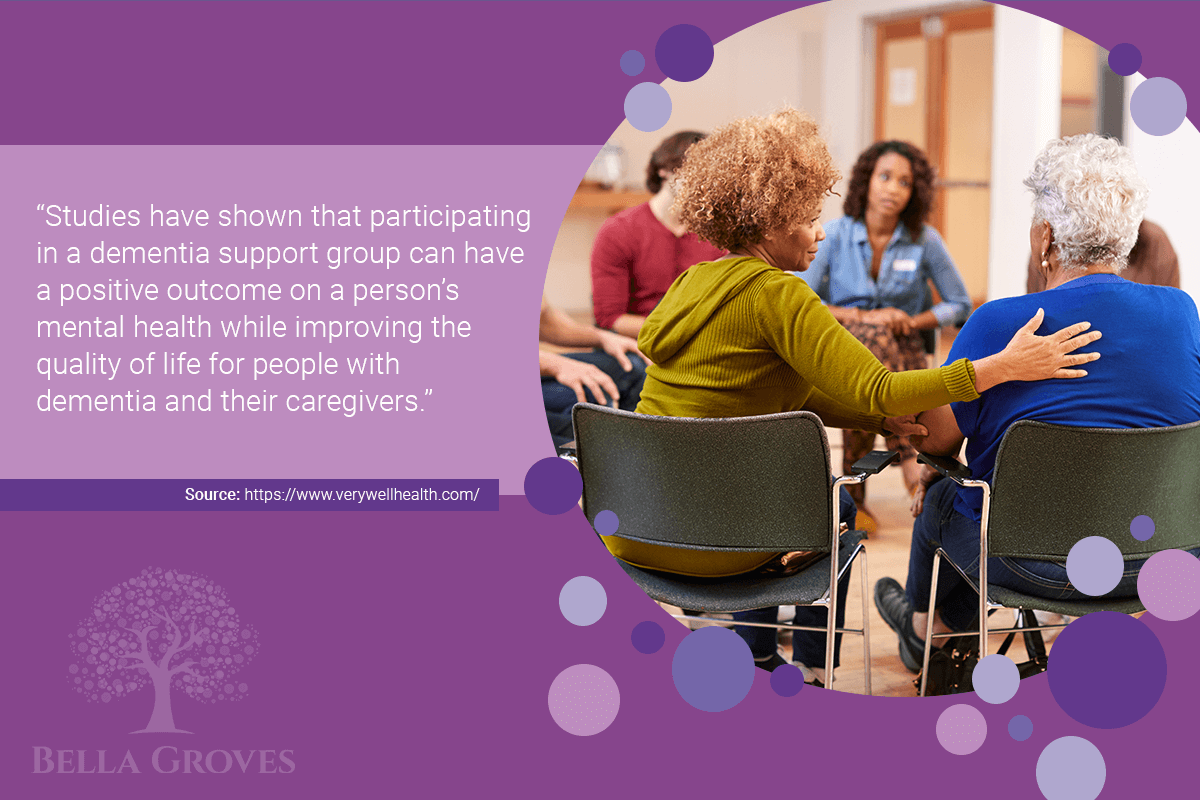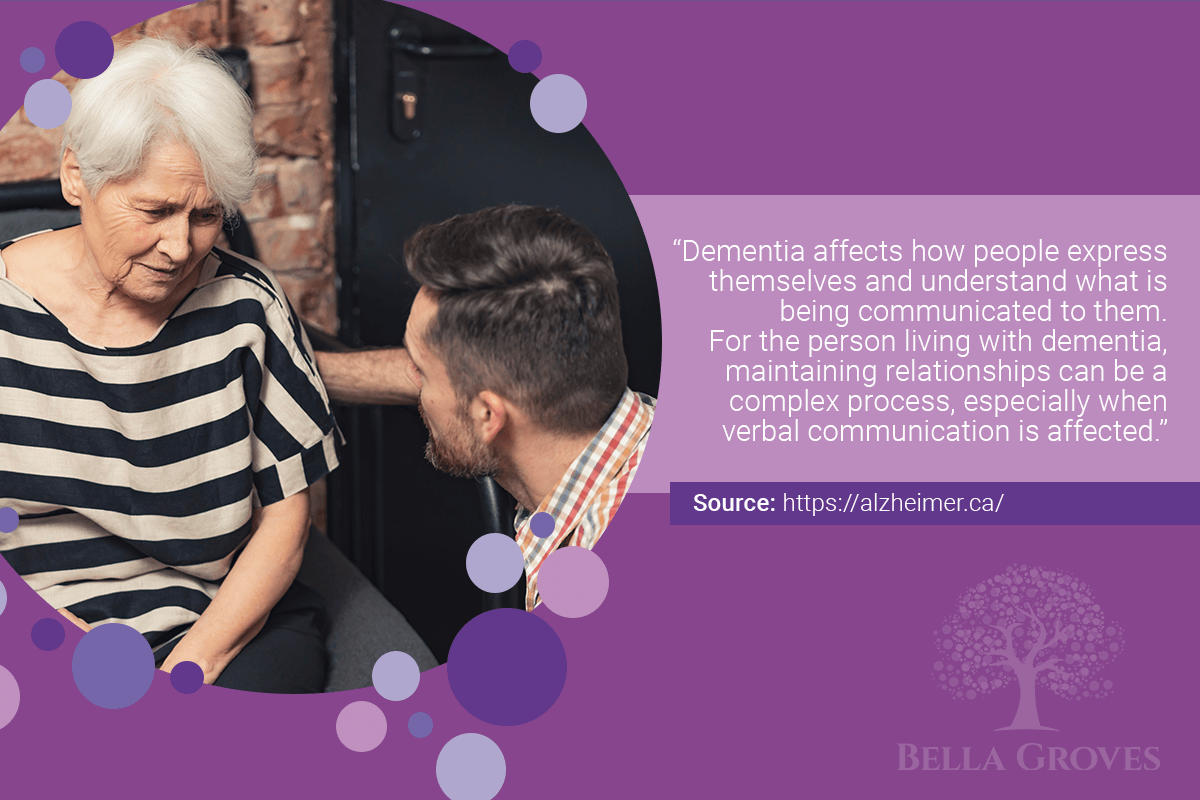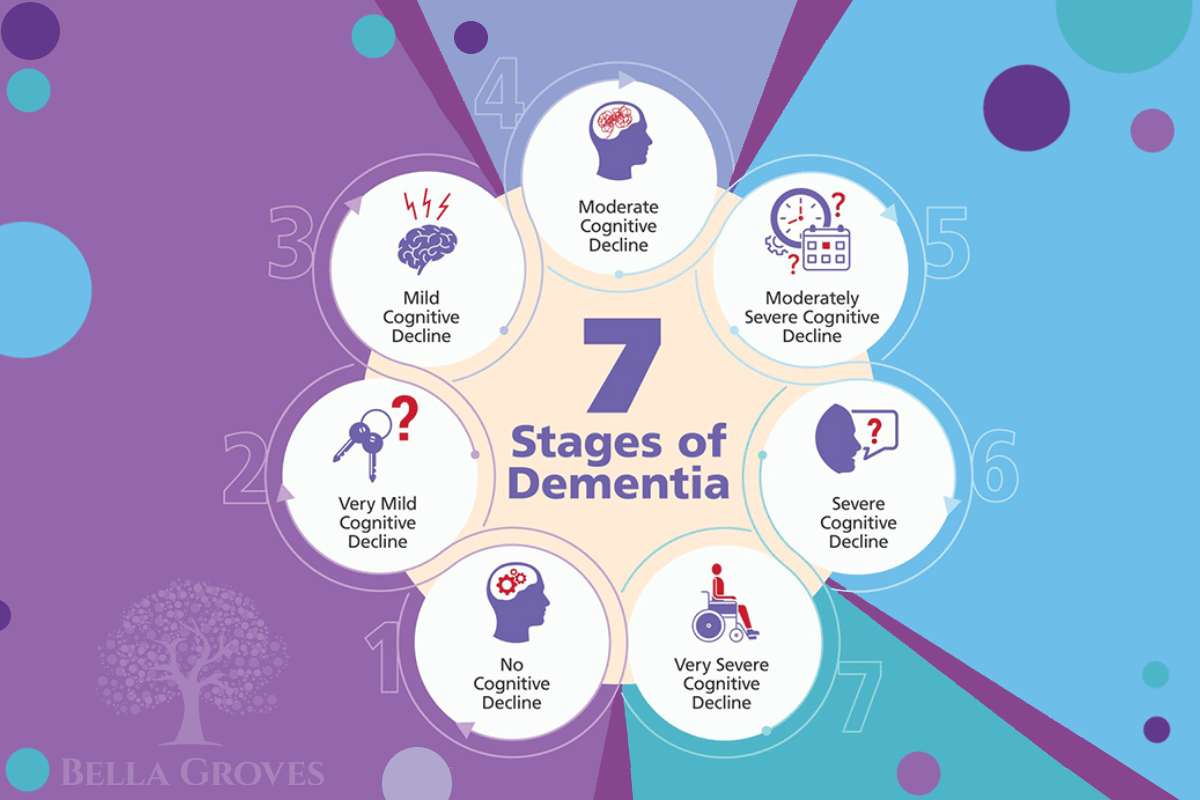
Finding Support After a Dementia Diagnosis
When someone you love has been diagnosed with dementia, it can be an overwhelming experience and difficult to know where to turn next.
- How do I handle care?
- Will my friends understand and relate to the challenges that I’m facing?
- What sort of dementia resources and education should I be looking for?
Finding support after a dementia diagnosis is crucial for care partners. Not only is it a way to surround yourself with people who can relate to the nuances and challenges of dementia care, but you’ll be able to enter a community of reassurance and kindness, knowing you are not alone in this journey.
Why It’s Important to Find Support
After a dementia diagnosis, you might initially feel as though this is a “family-only” situation that should be handled privately and personally. This is a completely understandable response, and it is important to respect your family member who has been diagnosed by giving them privacy and care.
However, over time, the progression of dementia symptoms and care needs might start to make a caregiver feel isolated. When we put ourselves in the caregiving position, it can take a toll on our mental health, emotional well-being, and even cause us to put our physical wellness on the back burner.
On top of that, many care partners feel a sense of guilt when they prioritize themselves and their well-being. This is where finding the right kind of support can save you from feeling guilty or isolated. Talking with others going through similar situations can remind you that you are only human and your needs matter.
As American television producer Michael Schur once said, “You can’t achieve anything entirely by yourself. There’s a support system that is a basic requirement of human existence. To be happy and successful on earth, you just have to have people that you rely on.”
Navigating Types of Support
There are many places to turn to for support after a dementia diagnosis, and many of them include helpful and informative dementia resources to help you further understand the next steps of this journey.
National Organizations
The Alzheimer’s Association has chapters in cities and counties across the United States and provides support, care, and educational information. As a leader in dementia research and knowledge, this organization can keep you up-to-date on treatment and care options, as well as give you an opportunity to support others impacted by dementia through monetary donations or volunteering. Visit their website to find your local chapter.
Local Support
Memory Cafes are a relatively new idea that creates spaces for care partners, family members, and people living with dementia to connect. These “cafes” aren’t actually coffee shops but rather welcoming and supportive environments.
These groups provide a safe space for those living with dementia, as they’re able to meet people going through the same post-diagnosis situation and form friendships with those who truly understand their journey. For care partners, this creates an opportunity to spend quality time with their loved one while surrounding themselves with reassurance from other care partners. Click here to find a Memory Cafe group in Texas or throughout the United States.
At Bella Groves, our dedication lies within our mission to be a trusted resource for those impacted by dementia. Additionally, we want to offer education and support through every stage of your dementia journey.
Our Level 1 Leaning Center features educational articles as a jumping-off point for personal research, and our training modules help you to create and maintain loving, joyful connections with your family member. In addition, our Learning Center helps to facilitate support groups to connect individuals through shared experiences, dementia care tips, and supportive words. And these support groups don’t stop when you leave meetings or log off; you become a concrete part of a supportive community.
When you surround yourself with support after a dementia diagnosis, you’re able to create a sense of reassurance for yourself. No one dealing with dementia should feel alone. Our hope is that all businesses and individuals will eventually be trained and educated on how best to interact with those living with dementia, allowing them to remain an active and cherished part of their community.
For more resources on dementia care and education, we encourage you to visit the Bella Groves Learning Center.


